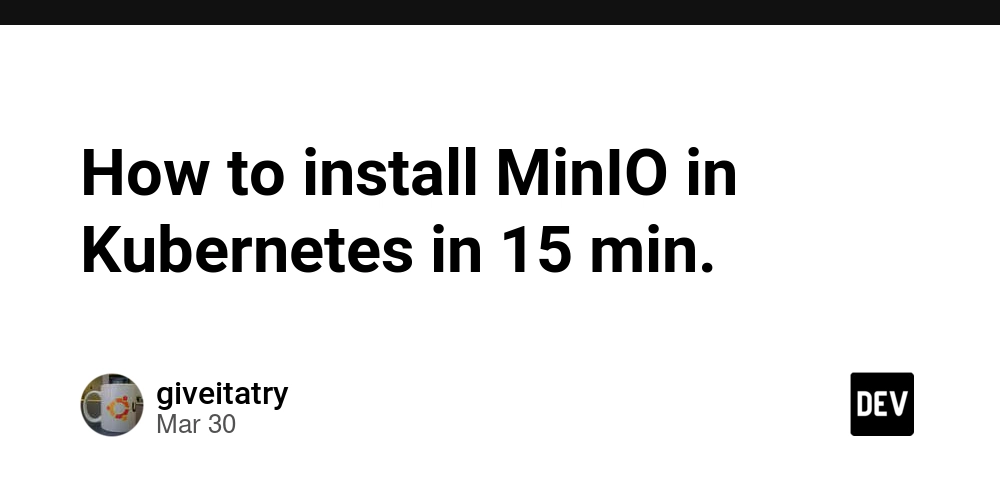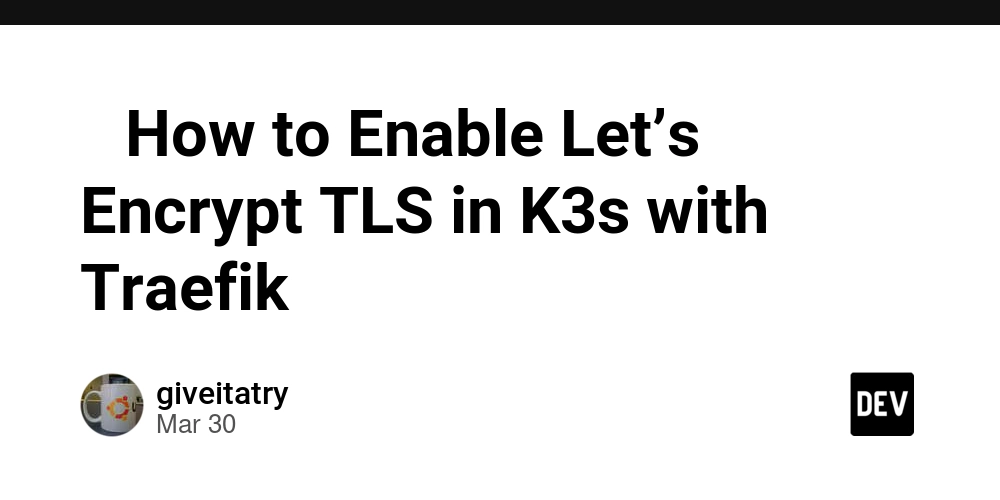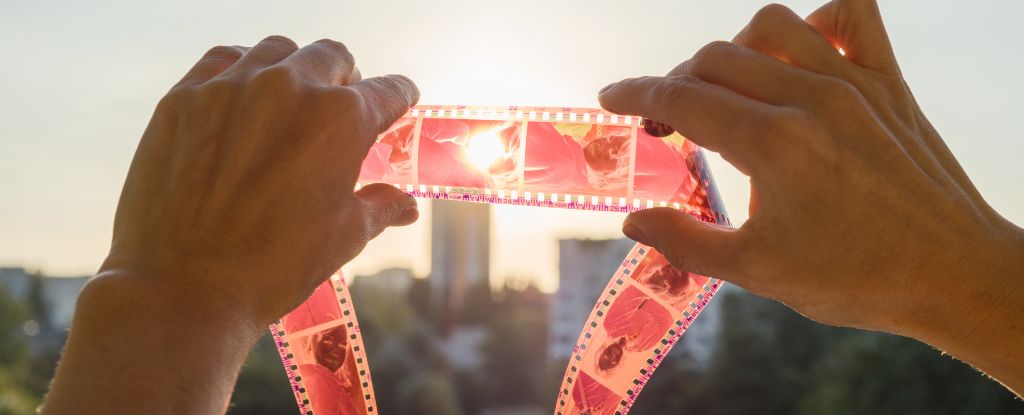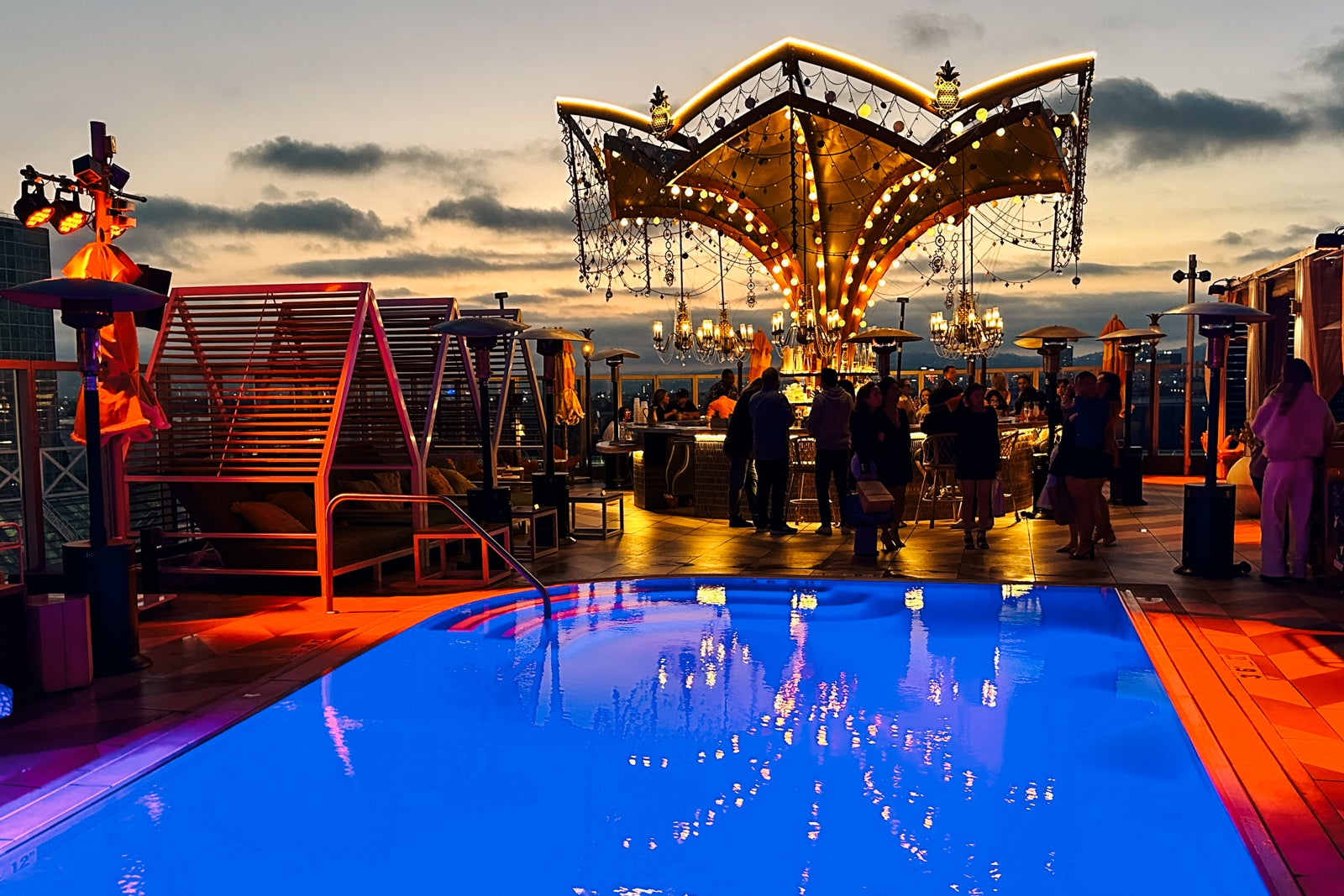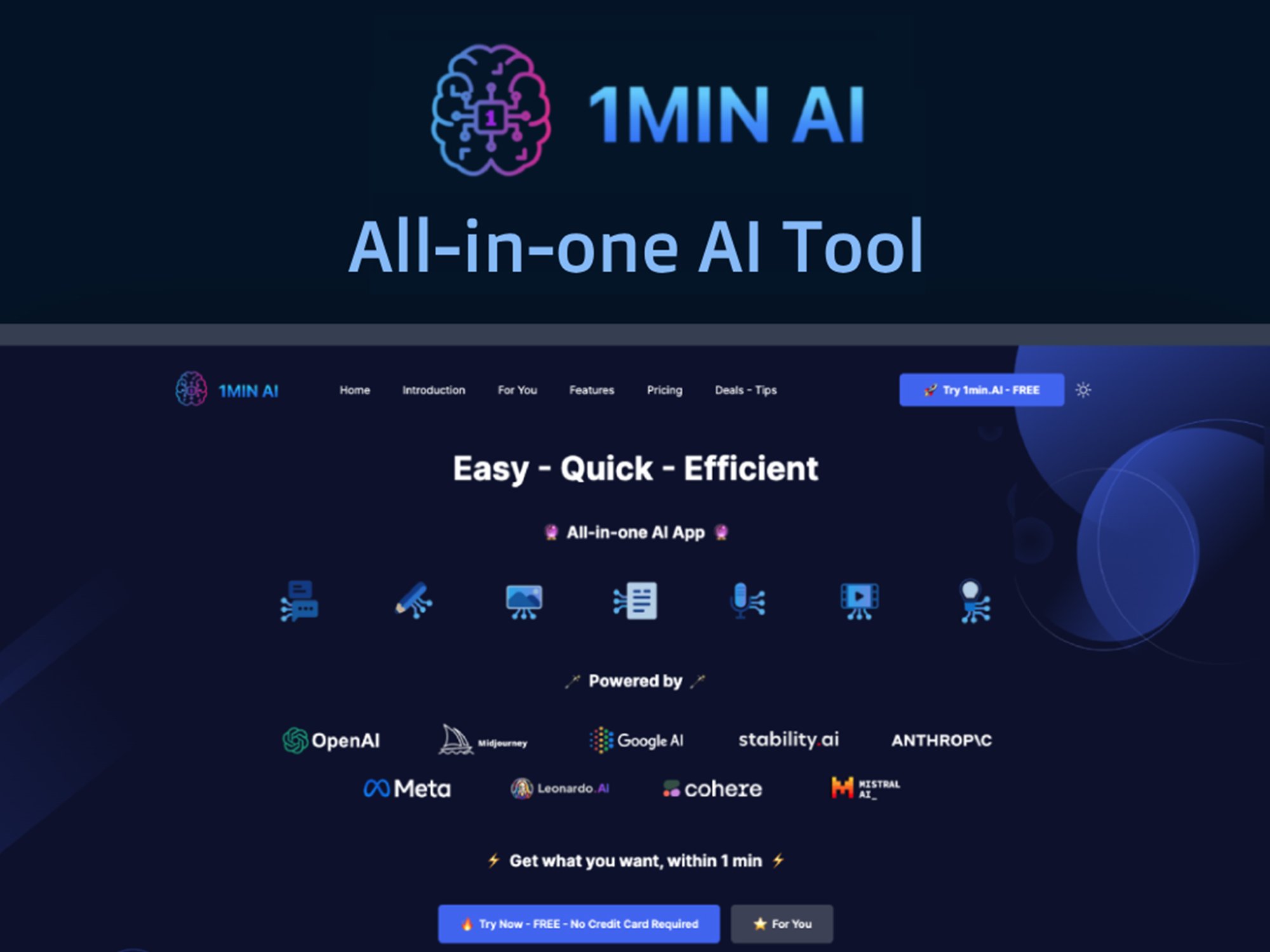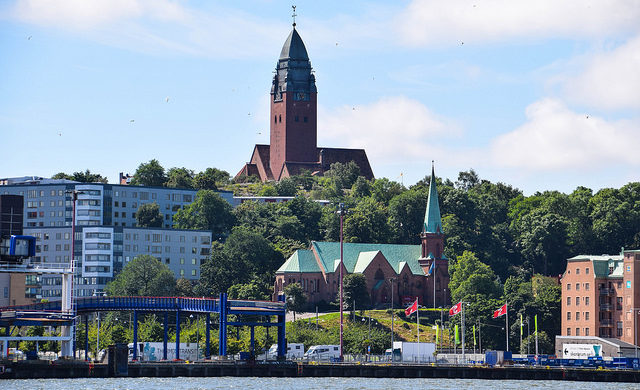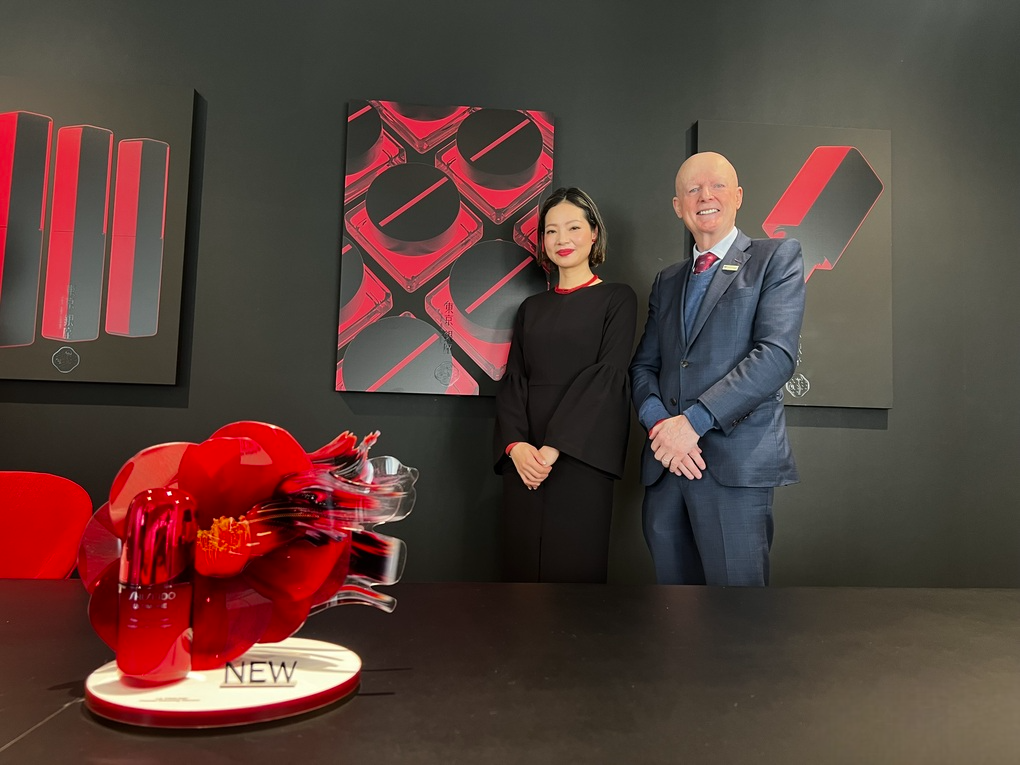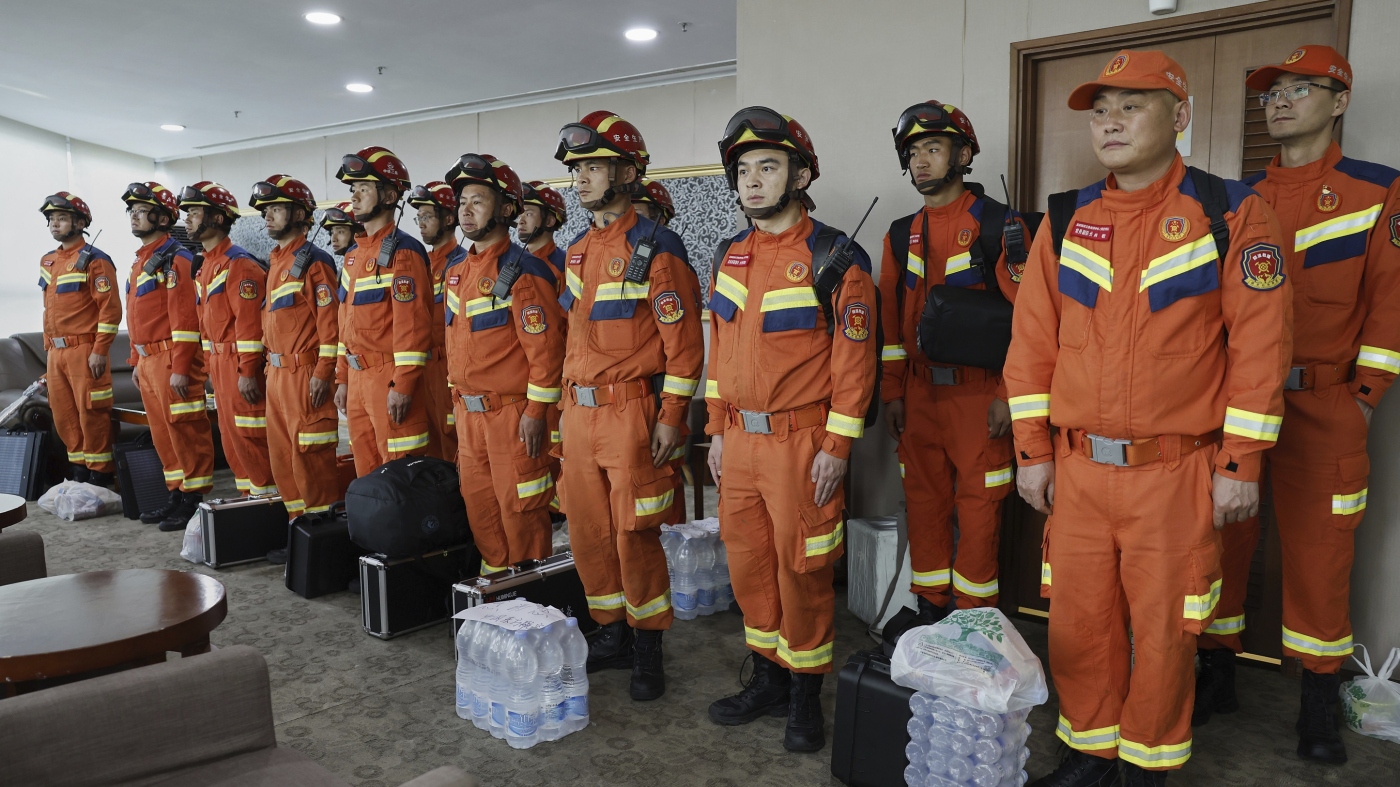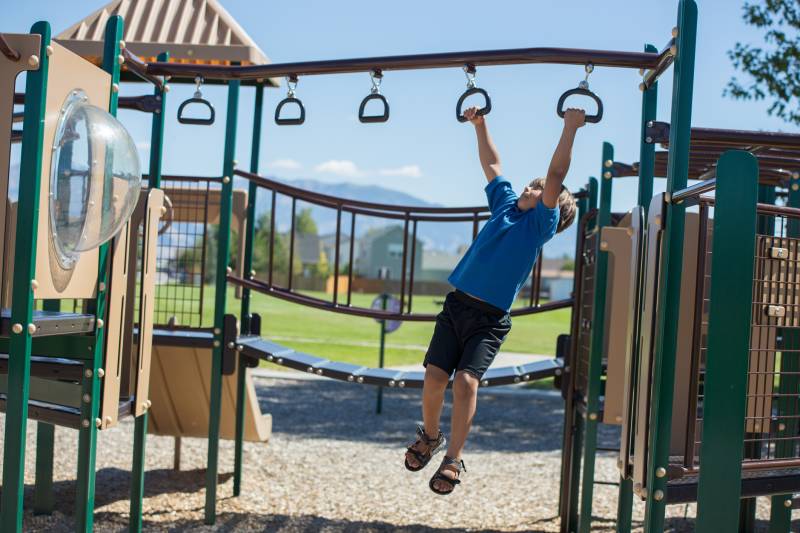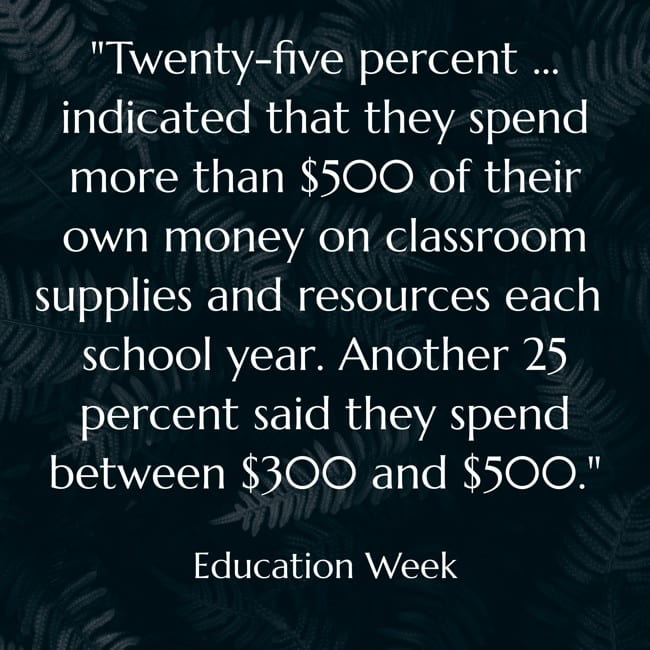In the City by the Sea, a Civic Upswing is Underway
Exploring FabNewport's impact on learner-centered ecosystems, highlighting community collaboration and the potential for educational transformation. The post In the City by the Sea, a Civic Upswing is Underway appeared first on Getting Smart.
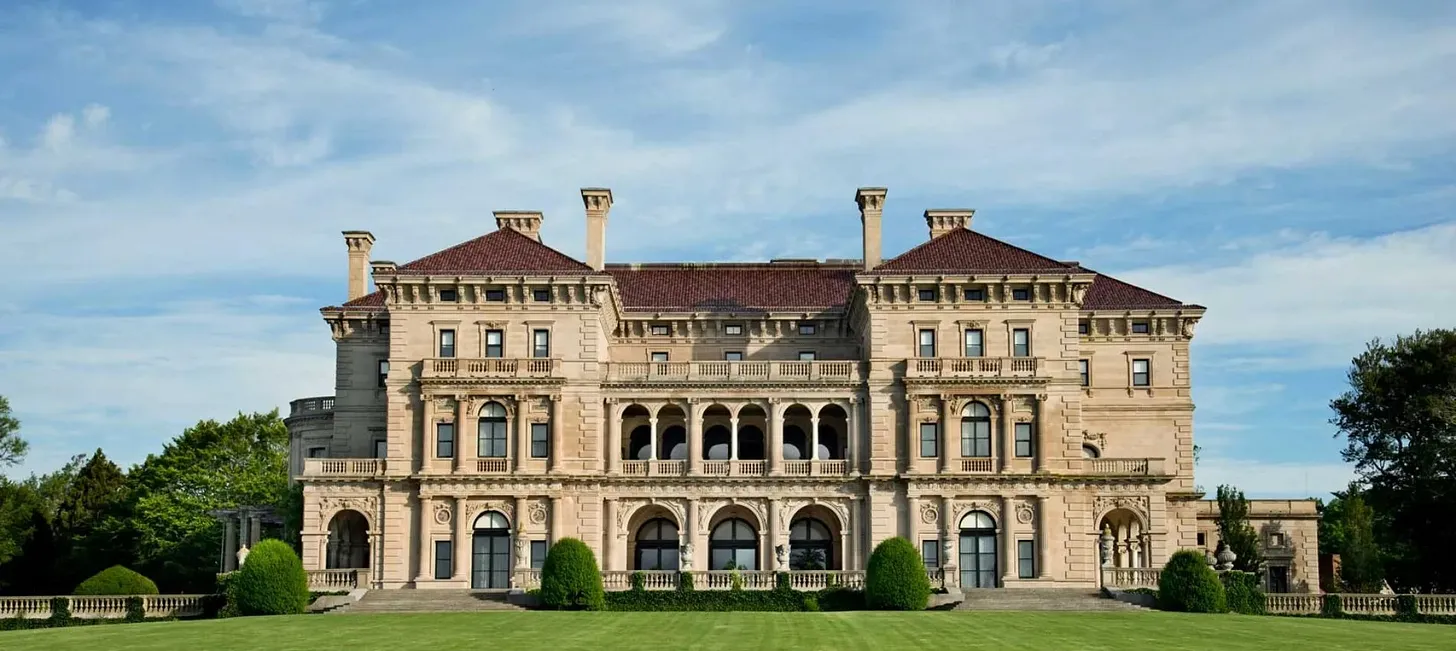
If you arrive in Newport, Rhode Island via the long bridges from the mainland that stretch across Narragansett Bay, you are immediately faced with a choice:
Head south, and you’ll find the legendary mansions of the Gilded Age—massive marble palaces that were once the summer playgrounds of a bygone era’s titans of industry. You’ll see the clapboard homes of an earlier age of opulence, when Newport was an epicenter of colonial-era capitalism—and, through much of the 18th century, the largest slave trade port in North America. And you’ll find yourself immersed in the symbols of the city that exist in most people’s minds—the land of Gatsby, glamor and gluttony.
Head north, however, and you discover a different Newport entirely—the place where Newport’s many middle- and working-class residents reside. And if you cross Admiral Kalbfus Boulevard, and drive past the full stretch of Miantonomi Memorial Park, you’ll find the Florence Gray Community Center, where a decade-old experiment in hands-on learning is sprouting early signs of a wider (and deeper) awakening.
This is FabNewport—and, perhaps, something much larger.
On a recent weekday afternoon, a handful of kids had already traversed different pathways across the city to spend their after-school hours here. They did so in part because FabNewport provides a variety of ways to play: a computer lab, makerspace, and arts room, alongside stations for sewing or jewelry making, a heat press, a laser printer, saws, fishing rods—different tools for different types of creative expression, all ready for use.
For Xavier, a self-possessed 8th grader munching on a snack, that’s why he keeps coming back. “When I was in 5th grade,” he told me, “my mom forced me to do a program, but then I had a lot of fun. I like who I am when I’m here. And I get to hang out with amazing people and go to cool places.
“School forces you into specific classes,” he added. “They don’t consult with you or your parents. But here I feel more mature, because it’s your choice.”
A junior named Anezeli agreed. “I first started coming to the summer camp four years ago,” she said. “I just love the community—everyone’s so kind and welcoming. It helps me get out of that school space and become creative again.”
I asked Anezeli what that phrase—school space—means to her. “There’s always deadlines,” she said wearily. “It’s tiring physically and mentally.”
“In school,” Xavier added, “people misbehave because they don’t want to be there. But here, you just feel more compelled to act normal and nice.”\
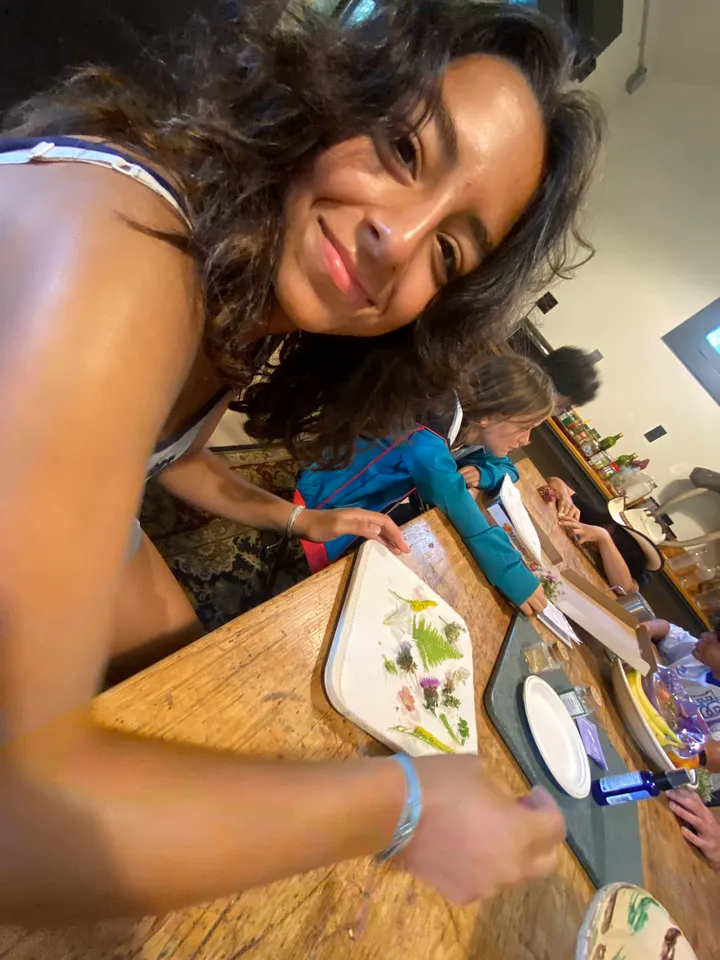
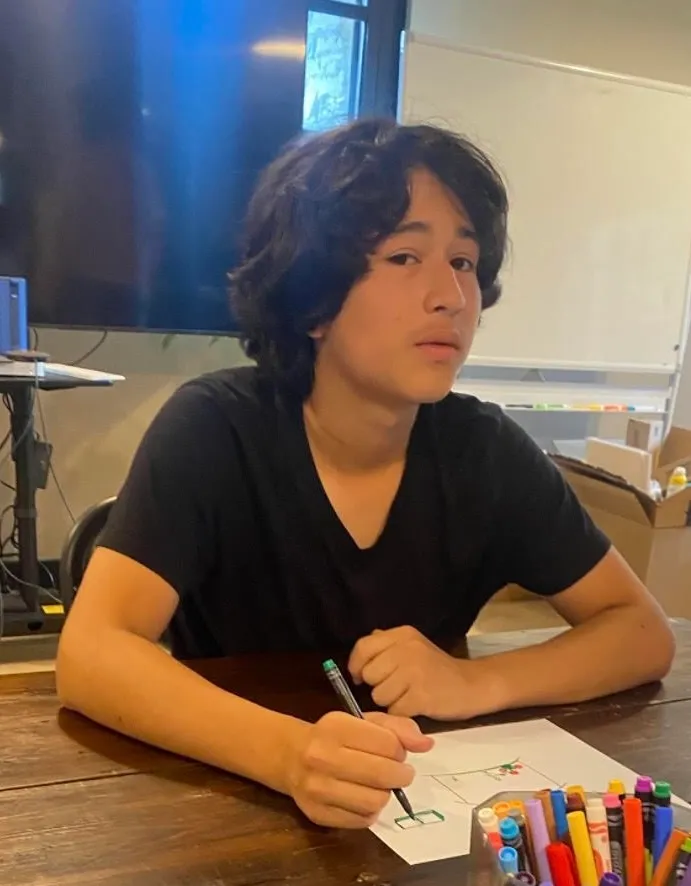
Wanted: Catalyst(s)
For Steve Heath, FabNewport’s founder and executive director, that’s precisely the point—and the reason he and his colleagues joined Education Reimagined’s yearlong lab of twelve sites across the United States that are seeding learner-centered ecosystems.
“Too many kids are uninspired in traditional school,” Heath said. “We lock them in a box all day and then wonder why they feel bored. Every community has an answer to that problem, but to unlock it, there has to be support at all levels of the city. I mean, look at Newport—there’s so much history, and so many resources within a short distance—from the schools to the sailing organizations, and the local businesses to the music festivals. But it takes a whole level of collaboration and restructuring that’s hard for people to get their minds around. So you’ve got to have a catalyst to spark that change, and we’re hoping that maybe we can be it.”
A Connecticut kid with a California drawl, Heath’s personal path of transformation began decades earlier, when he was working in Boston as a recently-married young man, reading stories in the newspaper about the sorry state of the city’s public schools. Aside from wondering if they were really that bad, he felt culpable because he didn’t know any school-age kids himself. So he volunteered to become a substitute teacher, and quickly fell in love with the young people he was working with—as he puts it, “the kids are alright, man!” And then, after getting his M.A.T. in teaching and integrating technology throughout a large Montessori school in Chicago, Steve Heath moved to Rhode Island, dreaming of a way to weave its schools more deeply into the civic fabric that surrounds them.
He started FabNewport with that goal in mind in 2013. And although it has been a resounding success—running a year-round slate of school-day programming, afterschool offerings and summer camps—these days, the FabNewport team is driven by a bigger dream. “Imagine if, instead of walking into a ‘school’ each day, our kids could walk into different parts of their community. Imagine all the learning that could take place. And imagine that we’d found a way to label it, and make that information publicly available, and invite kids and families to choose between them—and offer them help from the city to handle things like transportation, and document their learning in a way that would help the kids tell their own stories of growth? Do that day after day and you’d have a different level of civic trust. You’d have kids out in the world, learning about the things they’re curious about, and no longer locked up in a single building of predetermined subjects.
“Put that sort of system in place, and anything is possible.”
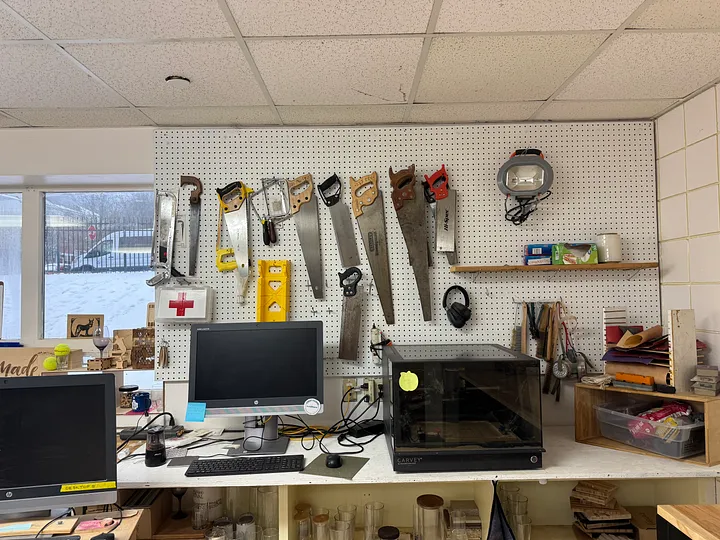
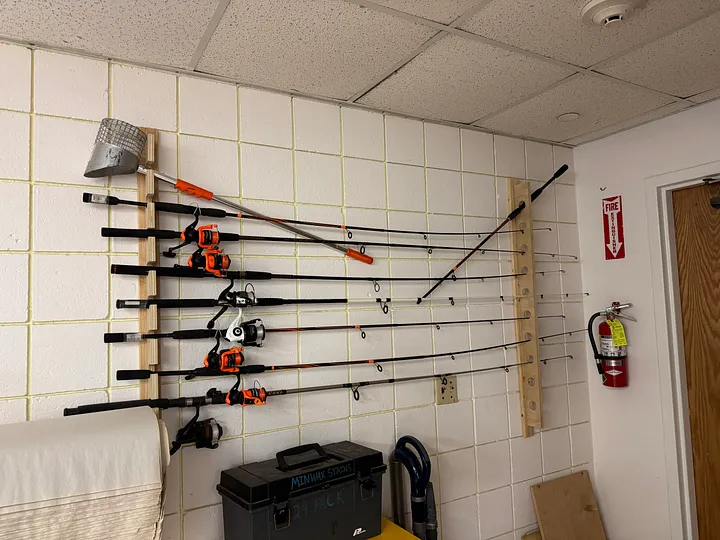
Wanted: Mentors
That vision is what first attracted Josie Michaud to FabNewport. A native Rhode Islander, Josie’s career as an educator began in her hometown’s public schools.
It did not go well.
“Nothing worked,” she began. “The whole system was dysfunctional. In one year, my grade had six different social studies teachers. It was impossible to be effective.”
A few years later, however, she heard about what they were doing in the basement of a Newport community center, and recognized in it an approach to learning that could nourish her and her students. “I’m a builder by nature,” she said. “But in traditional school, teachers and kids are playing a role—and it’s all based on a story we didn’t write. We’ve artificially separated ourselves in the way we teach and learn. But they’re all connected. And now my work is a joy. I have everything I need, I’ve learned exponentially, and now all those skills I learned as a kid are coming back to me. Last summer, I designed five dresses!”
FabNewport’s Director of Community Engagement and Equity, Ellen Pinnock, tells a similar story. “We talk a lot about positive future visions for kids,” she said, “but being here has helped me figure out my own.
“This work is not easy: building connections in the community, focusing on issues of equity, advocating for marginalized voices. But one thing I don’t think anyone can disagree with is that social stratification has only increased—here in Newport and everywhere else. So the driving question is, can we be better people? Can we build a better society? We can make better stuff, but can we make better people and better communities? That’s why equity is so important—because we have to address the larger imbalances.
“We’re too focused on numbers—and not enough on what kids are telling us. If we were, every community would already be set up to function ecosystemically.”

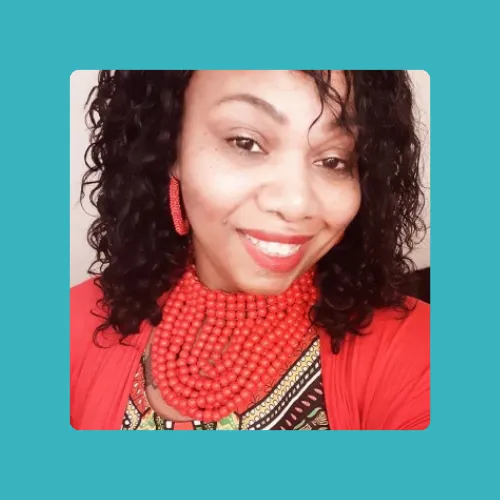
Wanted: Upswings
Later that day, I witnessed firsthand what Pinnock was trying to do about it, as forty community leaders arrived at Emmanuel Church, in downtown Newport, to discuss what it will take to build stronger connective tissue among their many organizations and constituencies.
In a wood-paneled room filled with oriental rugs, leather-bound books and ancient trophies, Pinnock sat at the head of a giant O-shaped table. The fire chief and police chief sat alongside her—but so, too, did members of the city council, community elders, and non-profit leaders like Steve Heath.
“It’s so wonderful to see everybody,” Pinnock began, as attendees filled up their coffee cups and settled into their seats. “I’m so excited to be a part of an effort to weave this community more closely together. And part of what we need to discuss today are all the events that are being organized around Dr. Putnam’s visit next month.”
Indeed, the city had invited Robert Putnam, the well-known American political scientist and Harvard professor, to give a public talk in connection with his most recent book, The Upswing.
It was a fitting choice, one in which Putnam considers the past 125 years of American history—and unearths an interesting pattern.
As it turns out, the United States in the 1870s, 1880s and 1890s was startlingly similar to today. “Inequality, political polarization, social dislocation, and cultural narcissism prevailed,” Putnam writes, “all accompanied, as they are now, by unprecedented technological advances, prosperity, and material well-being.”
It was, in other words, the Gilded Age—an era of history whose epicenter was right here in Newport. And, Putnam says, looking back at the Gilded Age from today “turns out to feel eerily like looking in the mirror.”
Yet as the FabNewport team tries to band together with its neighbors in ushering in a new era of civic cooperation, Putnam’s book suggests their timing might be impeccable. “On the heels of the first American Gilded Age,” he points out, “came more than six decades of imperfect but steady upward progress toward greater economic equality, more cooperation in the public square, a stronger social fabric, and a growing culture of solidarity. In short, America experienced a dramatic, multifaceted and unmistakable upswing.
“We had become demonstrably—indeed measurably—a more ‘we’ society.”
Over the last five decades, of course, America has once again become demonstrably—“indeed measurably”—a more “I” society. Consequently, Putnam explains, “the story of the American experiment in the twentieth century is one of a long upswing toward increasing solidarity, followed by a steep downturn into increasing individualism. From “I” to “we,” and back again to “I.”
Perhaps, then, social experiments like the one unfolding in Newport are early indicators of a more seismic shift—and ideas like a learner-centered ecosystem are instructive signs of the times.
Steve Heath certainly thinks so.
“Hopefully,” he says, “we can all spark a new era of ‘we.’”

I am proudly partnering with Education Reimagined this year to author profiles of the twelve communities they are working with to establish learner-centered ecosystems — including Newport. Learn More.
This article was also published on my Substack and is part of a series highlighting sites from Education Reimagined’s Learner-Centered Ecosystem Lab. In collaboration with writer, filmmaker, and global design consultant Sam Chaltain, Education Reimagined is showcasing the development of learner-centered ecosystems in communities across the United States.
The post In the City by the Sea, a Civic Upswing is Underway appeared first on Getting Smart.











